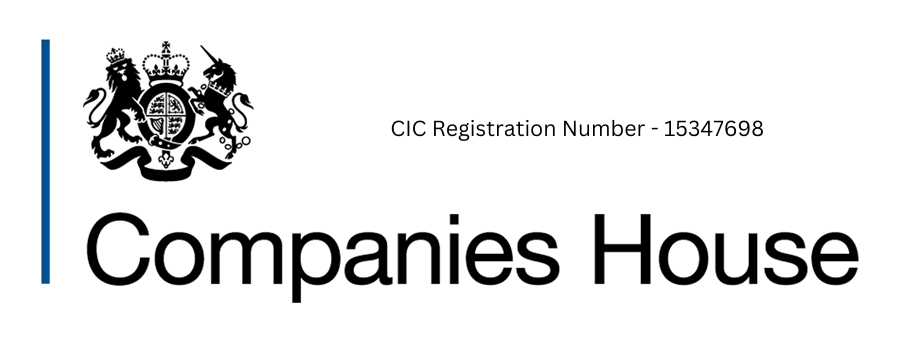I’ve pondered long and hard over just how I frame the reason I am so passionate about lived experience. As the interest would allude, I have seen some things. Not of all entirely palatable or pleasant to explain to those that know me personally, let alone when putting myself into the world as a consultant. But that’s why I am here doing what I do, and I have long wondered why there appears to be professional ‘blending’ within the lived experience community. The Manager in me wants to compete for an in-depth analysis of potential Strengths Weaknesses, Opportunities or Threats that come with disclosure in the professional domain. The patient in me just wants to be witnessed and valued for living through challenges and wanting to help other leaders from a learnt skillet to see things through a different lens.
“I wouldn’t be half the professional (or woman) that I am today without my lived experiences”
Lived experiences can leave you with rapidly learned and finely tuned skills that helped you to survive whatever it was you needed to come through. Arguably very transferable skills are highly prized in the professional world. And while I wish often that there were fewer of us that have learned to walk a pathway in life we were forced to navigate, I know that I wouldn’t be half the professional that I am today without my lived experiences.
But how do we put our challenges into a context that will be understood by professionals and be seen as characteristics that indicate strong employ-ability, while honoring personal boundaries and the societal paradigm that lived experience roles fall into?
“I am ok with sharing parts of my journey that I have worked through therapeutically”
My boundaries around disclosure are fluid, this means that I am ok with sharing parts of my journey that I have worked through therapeutically and can maintain a distance from when talking about. Questions and curiosity about these topics are ok, whereas the elements of my life that I still struggle with may be off the cards, and I am open to recognize these limitations. That’s a boundary that has taken practice and time to become comfortable with and a whole lot of therapy.
Disclosure however is not a necessity and lived experience employment does not come with the prerequisite that an open access policy to experience is applied. I have witnessed the rolling out of lived experience in training sessions that evoke memories of the show and tell in school.
“And up next is Tracey! And her traumatic experiences that you can all find very inspirational! Feel free to slightly turn your head to one side while listening and do feel free to show empathy with an enthusiastic clap at the end!”. Some of the responses are to quote my 9-year-old ‘Cringe’.
I keep heading back to the first impression I had when I joined LinkedIn, that there are so many buzzwords and a lot of professional heavy hitting. But that didn’t sit comfortably and for the lack of a clear guide leading me through the pathway of bringing the authentic me to work, weighing up the pros and cons of this may just work.
So, let’s have a look at lived experience disclosure with a little strategy. Basing my assumption purely on the debate of my own experience. So I succumb to the inner strategist and completed a SWOT analysis of disclosing lived experiences in the professional landscape.
“This is an exciting time to be at the cutting edge of an emerging profession”
Strengths – The landscape is changing for those who are working informed by their lived experiences. In some sectors, job roles are being created and in other areas organisations are venturing into new ways of embracing peers and opportunities for influence and participation. This is an exciting time to be at the cutting edge of an emerging profession!
Weaknesses – (I write that with caution) – Sadly some areas aren’t quite there yet. And there will always be ‘learning opportunities’ (Management talk for some need to step up) to challenge less open-minded areas. Being an instigator in these areas is challenging and often lonely when you don’t have backing from senior leaders. It takes a whole lot of energy and mental resources, and the emotional labor is high.
Opportunities – There is much wriggle room for these roles as they are very much in some areas in their infancy. Roles can be as big or small as needed and work around the right candidates. All of the areas (of perceived) weakness can be re-framed as opportunities to embed new learning and set the cultural tones to be healthy and authentically represented. There is also the opportunity to positively re frame the vulnerability of self-disclosure as an empowering professional strength.
Threats – Lack of backing from those that can influence change and direction of initiatives and strategy. Mental or emotional health relapses from championing lived experience agendas – recognizing this takes a huge toll in some cases.
“it all comes down to support and the desire to walk alongside both parts of the individual experience”
It seems that it all comes down to support from non-lived experience leaders or the desire to walk alongside both parts of the individual experience. I certainly have the latter, and a desire to be high in authenticity. So perhaps there is something in re framing the individual narrative. Here are how I would view some of my experiences should I be putting them under a microscope and isolating where the foundations for these attributes were forged.
Being on the ‘at risk’ register and living in foster care – Increased my adaptability and levels of resilience. Supporting me to communicate with those holding influence at different levels, while forming an awareness of statutory services, systems challenges and the complex interplay between providers and local authority services.
Being sectioned after giving birth to my son – broadened my lens of understanding inpatient mental health services. Reinforcing my understanding of compassionate clinical practices, while increasing my understanding of the notion of parity of esteem.
Living alongside suicidal thoughts and through historic attempts – Allows me to appreciate the importance of opportunity, and approach my work from a philosophical perspective that sees the meaning and value of life and the importance of meaningful interactions with mental health professionals.
Living through CSA – Sharpened my awareness of interpersonal dynamics and made me develop acute vigilance. This means that as a manager I am finely attuned to the needs of my staff and of the organisations I work for.
“We are just a sum amount of many parts that are treated with kindness, and valued in the employment market”
The remainder of what was acquired through those experiences and many others was honestly mainly terrible, there’s no other way of dressing it. But I hope both for myself and other lived experience consultants, leaders and peers that our experiences are just a sum amount of many parts that are treated with kindness, and valued in the employment market. We are our work, and we live our values. This is what makes this profession important, when you hire lived experience you tell us and others that it wasn’t all for nothing.





